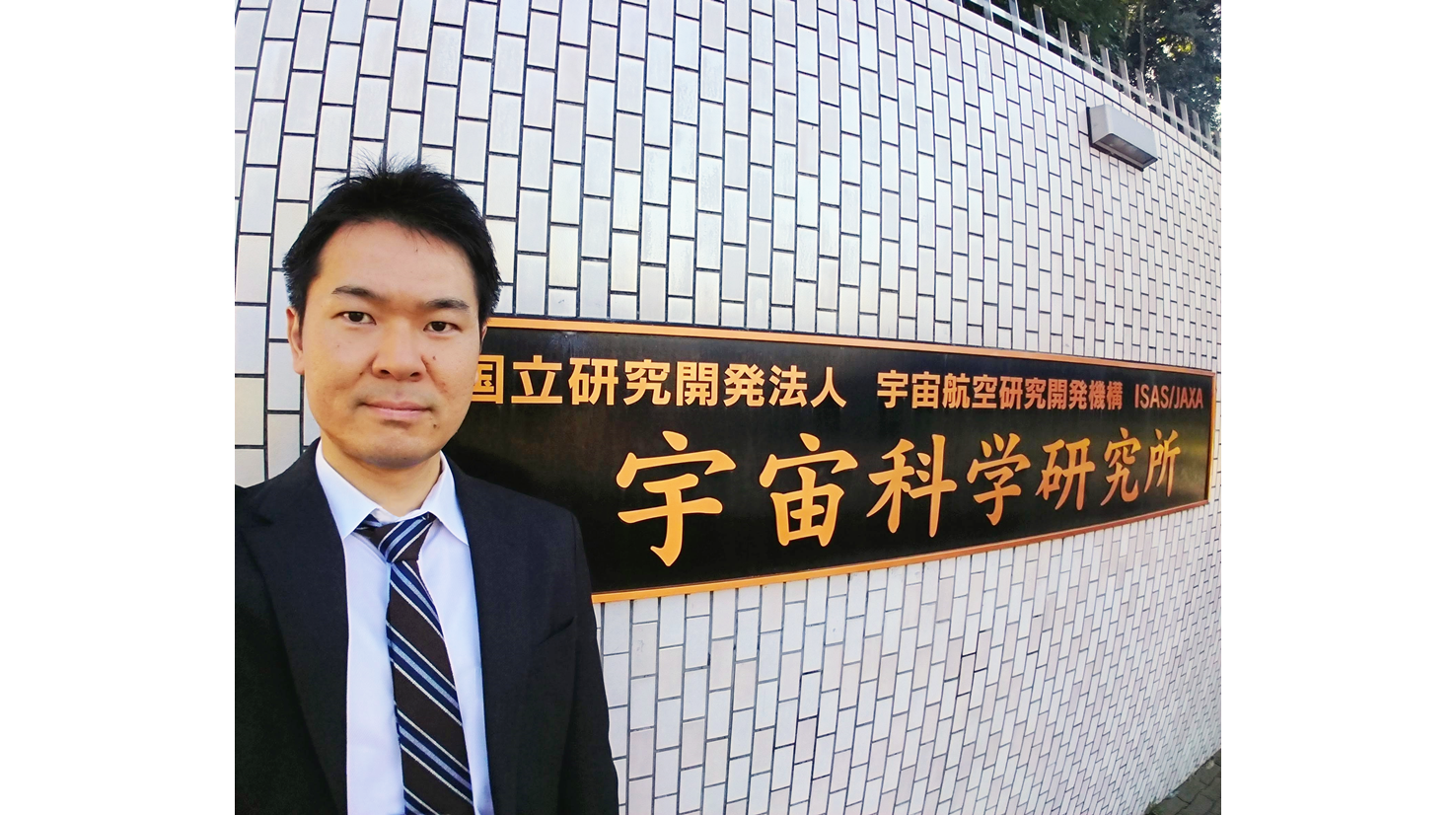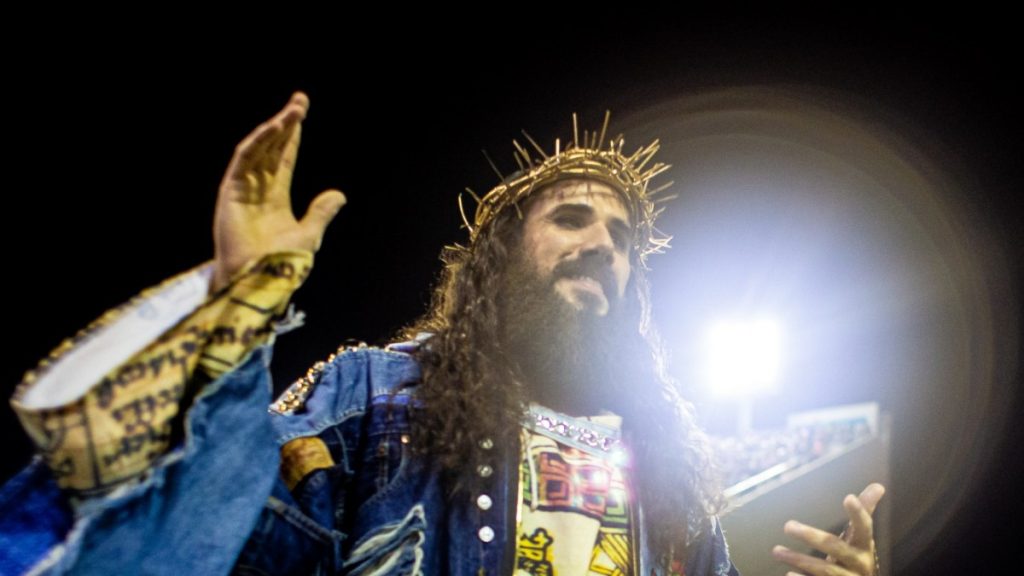Assuming that Jesus will come to Berlin today – a possibility, after all, according to the Bible, he has risen – what will he do first? demolish churches? End wars? Poverty alleviation? If you believe Michael Kompfmüller: none of that. Jesus, or Joshua as he is called, is a rather humble guy who hangs out and eats borscht more than he cares about any kind of excitement.
Let the air out of the Jesus legend for a moment. Michael Kompfmüller did this with relish in his novel Mischa und der Meister, but quite by chance. Because even if it is sold in the title and in a blurb, the novel is not really about Christ. Rather, it is about everything that is possible, and at the same time: the magical, the inexplicable, about love, the good and the bad, about Berlin, the devil.
Much of it concerns Russian literature, and a reference to Bulgakov’s “Master and Margarita” is already in the title. Michael Kompfmüller rolls up his sleeves and lights a real fireworks of quotes: wink in Dostoevsky’s direction here, Borscht there, people dance to Shostakovich’s music, and then the biblical Christ comes too. It is difficult to decipher the references, which turned out to be completely unnecessary.
Thanks to his absolute existence, a love epidemic has spread in Berlin
The main character Misha is a Russian-born student in Berlin who wants to be a writer and enthusiast of Russian literature. And so does the well-behaved Anastasia, who falls in love with her (instead of the mysterious Luna, with whom he spends a few nights). Then Anastasia jokingly expresses her desire for Jesus to return to Earth. That’s what he does next, in Misha’s apartment, just as in real life, with a neatly trimmed beard and bright eyes “as blue as Lake Maggiore”. Not Russian, but Aramaic, Yeshua.
Joshua This is the one who appears somewhere once in the blue moon, tracing the path of bliss behind him. Thanks to his sheer existence, a kind of love epidemic has spread in Berlin: couples get along, people pay their taxes on time, and angry literary critics abandon the hateful genre. But no one traces this back to Joshua. Kompfmüller wrote: “Innumerable stories have been passed about him and of his visits: that he did not enter even a single church.” “He did not despise women either” and “showed his usual tricks with which he spoiled everything.” But Joshua says “nothing at all.” Misha asks: “So what is written about you is not true?” “I never said anything written there,” Joshua answered. Also a quote from Bulgakov, because in “The Master and Margarita” Jesus reveals himself before the Roman Pontius Pilate during his condemnation.
The possible return of a kind of Christ to the present may not be an urgent question at the moment, but it is still an engaging thought experiment if taken seriously. Kumpfmüller does this only half-heartedly. It only touches on questions about people’s yearning for a moment of redemption and reconciliation, the current meaning of faith in general, and the theological appropriation of a deeply human personality as a projection surface. Or rather, he seems too busy to keep track of all his references and quotes and add more of his undoubtedly original thoughts and characters.
Michael Kompfmüller: Misha and Mr. a novel. Kiepenheuer and Witsch, Cologne 2022. 368 pages, €24.
(Photo: kiwi/sz)
Yeshua is even less of a display here, because almost no one can show him anything at all. Only the devils celebrate wildly, here eg dentists, tax advisors, and poodles (Goethe quote!) get energized to get the New Perfect World out of joint again. Yeshua hardly serves the author as a reason to tell a story, as a character who remains startlingly indifferent and faded. Almost as if Kumpfmüller appears here as an anti-drop. But this is not provocative, nor does it belittle the historical Jesus, but given the large number of ideas and characters, it is more like the result of the author’s indecision, who wants to tell us too much and therefore does not tell us too much. In the end Joshua disappears again, as he came quietly.
Michael Kompfmüller wrote in his last novel “Oh, Virginia,” said Virginia Woolf, sensitively.Kafka’s “The Glory of Life” became a bestseller. “Mischa und der Meister” feels like an evening full of blazing fireworks: you laugh, you marvel at the colors, there’s a bang, but in the end everything fades away very quickly.

“Explorer. Communicator. Music geek. Web buff. Social media nerd. Food fanatic.”







More Stories
Poppy Harlow is out at CNN after CNN This Morning was canceled
The oldest indisputable evidence of the Earth's magnetic field was discovered in Greenland
Your horoscope for Thursday, April 25, 2024